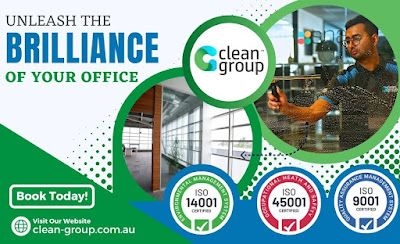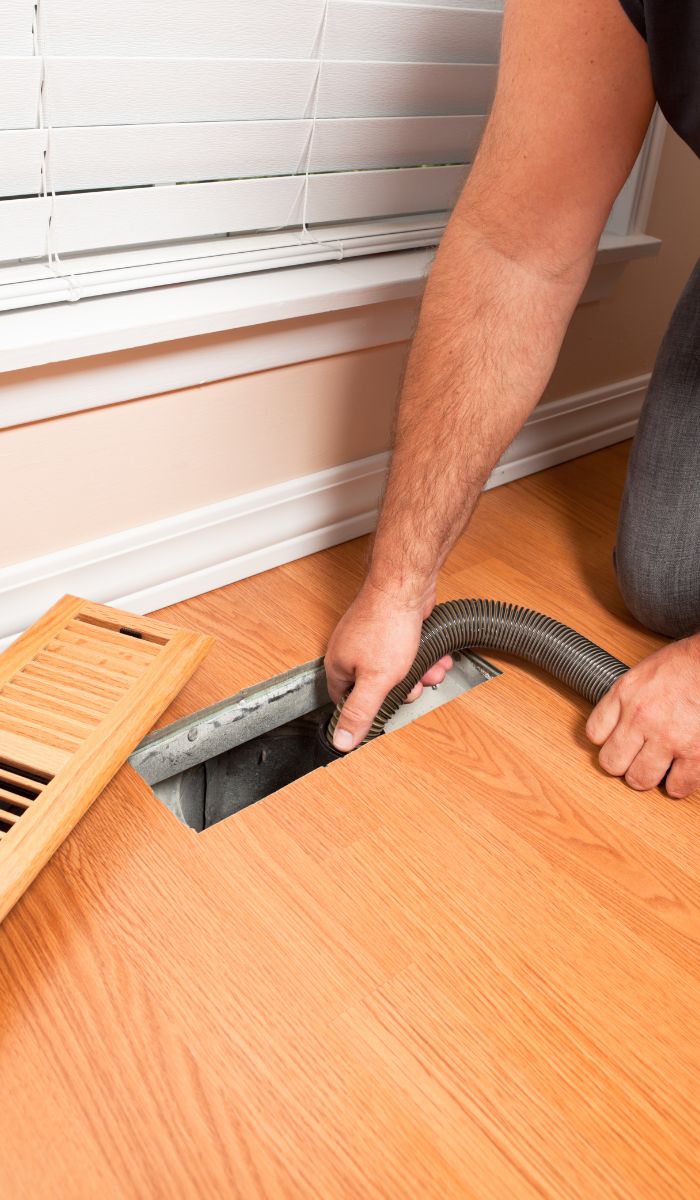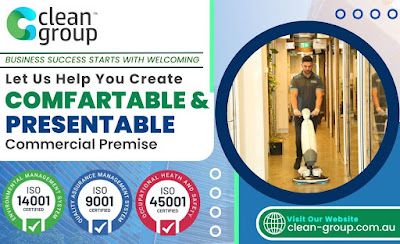
Insurance for Cleaning Companies
Which types of buildings do commercial cleaners typically work in?
Overall, commercial cleaning is no longer viewed merely as a maintenance function-it is now recognized as an integral part of business operations, facility management, and public health. The industry's expanding scope, increasing complexity, and rising expectations continue to drive innovation, improve professional standards, and elevate the role of cleaning professionals across all sectors.
The complexity of modern commercial cleaning is also influenced by technological advancements. At Clean Group, we offer Reliable Office Cleaners in Sydney tailored to meet the unique needs of every business. Whether you manage a small startup or a large corporate space, our Professional Office Cleaners in Sydney deliver consistent, high-quality cleaning solutions at competitive prices. With years of industry experience, our team is equipped with cutting-edge cleaning technologies and eco-friendly products to ensure your office is spotless, hygienic, and welcoming. From routine cleaning to deep disinfection and everything in between, we take pride in being one of the most trusted names in office cleaning services in Sydney. Comprehensive Office Cleaning Tailored for Your Business Clean Group provides all-inclusive office cleaning solutions, which include: Supply and replacement of bin liners and toilet rolls Thorough cleaning of office furniture, desks, and common areas Advanced carpet cleaning and floor care Deep cleaning and COVID-19 disinfection services Washroom sanitisation and office toiletries management Our services are designed to accommodate the specific needs of your workspace, with flexible scheduling options such as daily, weekly, or fortnightly cleaning routines.. Innovations in cleaning equipment, such as automated floor scrubbers, robotic vacuums, and air purifiers, are becoming commonplace in commercial spaces. These tools increase efficiency, reduce labor costs, and enhance the overall quality of cleaning. For instance, autonomous floor scrubbers can cover large areas without human intervention, ensuring a more thorough and consistent clean. Additionally, technology like ultraviolet (UV) light sanitation systems is being utilized to disinfect high-touch surfaces and common areas more effectively, particularly in environments where the spread of germs is a major concern.


